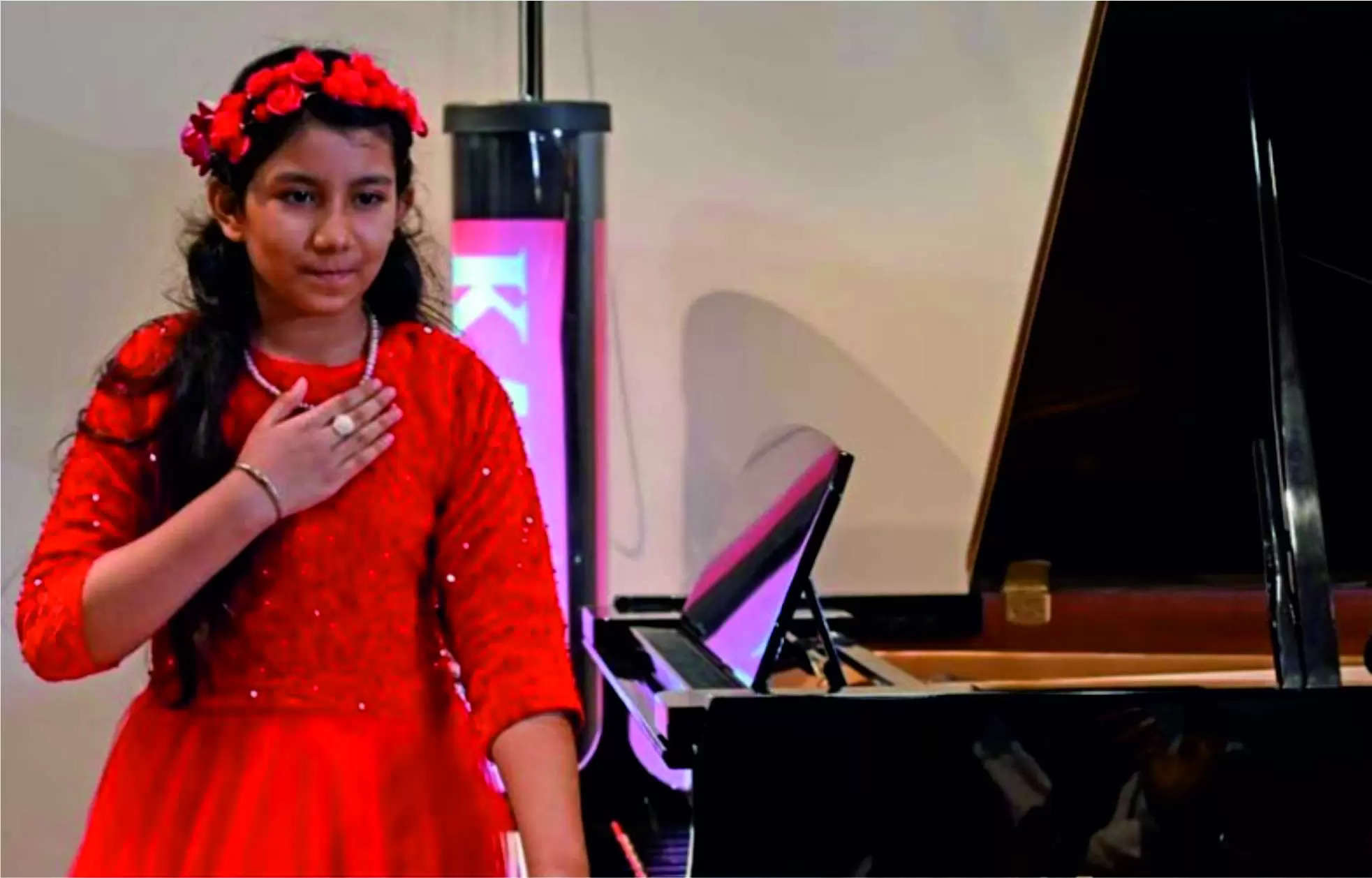Pune: Rose Dam Roy , an 11-year-old piano prodigy , will deliver a curated performance in the city on Saturday, taking the audiences through the rich tapestry of music from the mid-1720s to 1905. Anjan Ray, a renowned musician and a former announcer of the All India Radio, New Delhi, will narrate the historical context and artistic significance of each piece. To be held at Mazda Hall in Camp, the concert will unveil the evolution of piano, tracing its journey from the ornate salons of the Baroque era to the passionate outpourings of the romantic period.
Learning piano since she was six years old, Rose has won several accolades in India and represented the country in competitions abroad. Sharing her thoughts on the repertoire for the event, Rose said, “In the Baroque and Classical periods, compositions communicated the thoughts quite directly, but the emotions expressed in the music are quite complex in the romantic period. I was introduced to Robert Schumann’s Arabeske in C, composed in 1838, by my music teacher two years ago.

Bringing out the different textures in this composition, the contradictory passages and tolerant conclusions, made me very happy and excited to learn some of his longer pieces.” “I learnt Frederic Chopin’s masterpiece Fantaisie-Impromptu (Op 66) quite recently. It ignites my imagination, taking me to a fantasy world where I brave a storm with my trusted pony to embark on an exciting adventure.
Franz Schubert’s Impromptu (Op 90, No. 3) makes me wonder how small I am in this infinite universe, how trivial our fights and worries are in the vastness of the universe,” said Rose, who rarely plays from sheet music. Anjan Ray said that he would bring out the technological evolution of the piano over the two centuries spanned by selection of pieces — from French composer and music theorist Jean-Philippe Rameau in the early 18th century to Cyril Scott, British writer, composer and naturopathy exponent, in the early 20th century.
He said that he fell in love with the genre during his days at AIR Delhi when he had to play vinyl discs of classical western music. “In the early 1830s, design improvements in piano enabled a much wider range of sound volumes and nuances, making way for new levels of virtuosity. Chopin and Liszt were the trend leaders, but Schumann, who was about the same age, decided to add his own technological innovation — a peculiar contraption using a cigar box and some wire that could prop up his fingers while practising to strengthen his muscles.
Unfortunately, as a result, two fingers on his right hand were damaged. Rather heartbroken, Schumann then focused on composing music and did rather well,” he added..



















